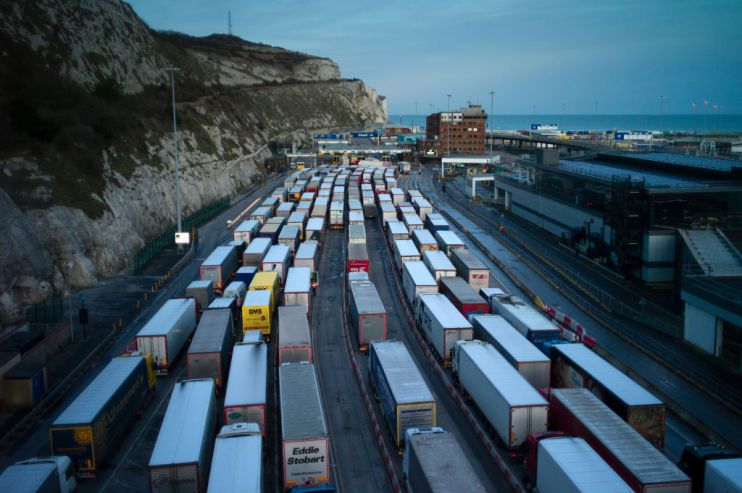From new duties to volatile pricing: Brexit is making life in Europe impossible for UK firms

The volatile pricing and availability of materials, accompanied by widespread disruption to global supply chains are just a few of the challenges faced by many UK businesses post-Brexit.
Those trading within the European Union have suffered a massive upheaval due to the loss of access to the EU’s present free trade agreements.
Following the end of the Brexit transition period in 2020, imports and exports of products between the EU and the UK have significantly changed, with customs and VAT now being factors that both businesses and customers must consider – only certain goods can now be considered tariff-free, including goods that don’t exceed €150 being supplied directly to the end customer.
After more than two years, it’s “certainly interesting” to analyse the post-Brexit business climate and consider the consequences for those still trading, said Tim Goodall, managing director of www.Islabikes.co.uk in a conversation with City A.M.
In the hopes of highlighting the new challenges UK businesses face, Goodall discussed how Brexit has affected the business’ sales and shipping, as well as its impact on long-term relationships and customer service.
Import duties and no more free trade
Pre-Brexit, sales of bikes to the EU accounted for just over a quarter (26 per cent) of their annual sales, whereas year-to-date figures for 2022 show they accounted for just 5 per cent, an 80 per cent decline.
Goodall pointed out that since the day the UK left the EU, their EU orders all but dried up, with prices to export rising exponentially for EU customers and the costs of import duty and shipping now being passed onto them.

Import duty now sits at 14 per cent, “a massive shift” compared to the lack of any import duty pre-Brexit when there was free trade with the EU, he added.
“The cost of exporting a bike then was between £35 and £50, depending on the size of bike and the country it was going to, but now it typically costs between £100 and £125, on average,” Goodall stressed.
“We have to pass on these costs – duty and shipping – to their EU customers, so in their case, the bikes are in fact more expensive,” he added.
Long-term relationships and customer service
Goodall said he is “very much” committed to serving their customers in the EU, “it’s just become very expensive.”
For instance, even warranty replacement parts incur duties, despite only serving an existing purchase.
Additionally, there’s the inconvenience of parts getting stuck in customs which slows the whole shipping process down.
“Pre-Brexit, sending a bike or component to Austria used to be as easy as sending it to Aberdeen.”
Tim Goodall
“While the changes have made both the costs and shipping process more expensive and inconvenient for our EU customers, it also causes problems for us exporting our products to the EU,” Goodall continued.
“Only time will tell if these issues are resolvable and how long they’ll last, especially when it comes to overcoming global supply chain issues, which have been forecast to persist for the remainder of 2022 at the very least,” he added.
“Realistically, the post-Brexit environment is still volatile and likely to change, but it’s important that all UK businesses facing these problems, including ourselves, learn how to adapt and thrive, not simply adapt and survive,” Goodall concluded.